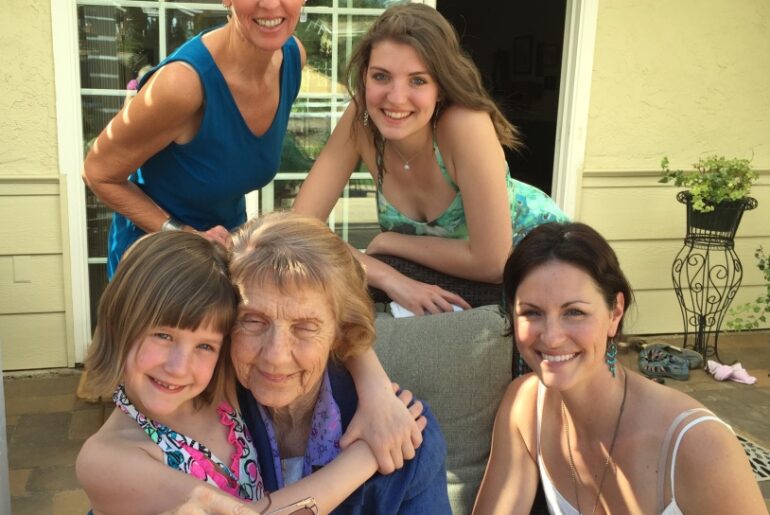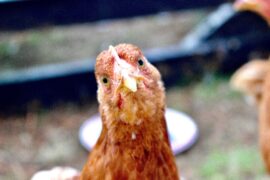I just finished reading Wildcat by Amelia Morris, a novel about friendship, authorship, and new motherhood in our modern day media-crazed world. It felt a bit like being immersed in a cat fight between two women who pretend to be friends, or try to be polite, after the friendship is clearly over. My natural inclination is to puzzle through how the relationship might be salvaged or redeemed.
And then there’s the mother-daughter relationship jumping out at the reader with this line:
She wasn’t the mother she’d wanted, but she was the mother who’d shown up.
Since losing my mother I’ve pondered the ways in which I might have welcomed her more into my life. Mental illness weighed heavily on our relationship, rendering closeness unlikely, and yet I picture her showing up now on my doorstep- how I’d welcome her. How is it that death creates such yearning for the departed? Alive, my mother had no such allure. But she did show up.
My mother loved babies and showed up for all six of my babies. She loved to hold and rock and change babies. I wanted some peaceful quiet time, or time out with my hub, or time to further my education. Even though she didn’t understand or share my desire for education, my mother showed up to help.
I did appreciate her then, and I appreciate her even more now that she’s gone, which is how it seems to go.
I picture her showing up now, here in WA. She’s never been here. She never liked to travel- why? Flying made her nervous. Lots of things made her nervous. She had a “nervous breakdown” after I was born, her fourth child. Now we’d call it postpartum depression, although my mother was always more manic than depressed. And then she grew bitter.
If she showed up on my door now I’d offer to make tea–with or without honey? I can’t remember. Did she have a favorite tea? She drank coffee, with cream. She never drank anything with a meal- it dilutes the digestive juices. And she never drank alcohol- no good thing ever came from that, she’d say, finger in your face.
She often showed up at my door unannounced, and if I didn’t drop what I was doing- homeschooling one, or several of our six children, or put aside whatever else I needed to get done in an effort to fight back a few minutes for my art, she chided me about it. And then she’d disappear, never saying good-bye.
I’d take her chiding better now. I’d probably laugh it off, but back then, before we moved several states away, I didn’t find her all that funny. Manic and crazy-making, yes. Let’s laugh-out-loud together funny? Almost never. I can’t remember laughing about any of the same things, even when I thought one of the kids did or said something humorous.
So how can I miss her so much when I didn’t want to be with her when she was alive? Being with her was almost always exasperating, humiliating, and often painful to the point of maddening.
She was the mother who’d shown up, and kept showing up, whether I wanted her to or not. And she was devastated when I moved away, taking four of her grandchildren with me.
I wrote letters and sent pictures more than I called, my preferred method of communication, but she loved the phone, the kind with the long springy cord attaching it to the wall, the kind that wasn’t easily silenced, or left unanswered.
The thing is, if she showed up now I’m not sure what we’d have to talk about, besides how she’s enjoying eternity. She never liked to read fiction so we couldn’t discuss books or the ideas they bring up. She’d find the novel Wildcat scandalous. But I’d get to hug her and tell her how much I appreciate her showing up.
What does the line, She wasn’t the mother she’d wanted, but she was the mother who’d shown up prompt you to write?







Comments are closed.